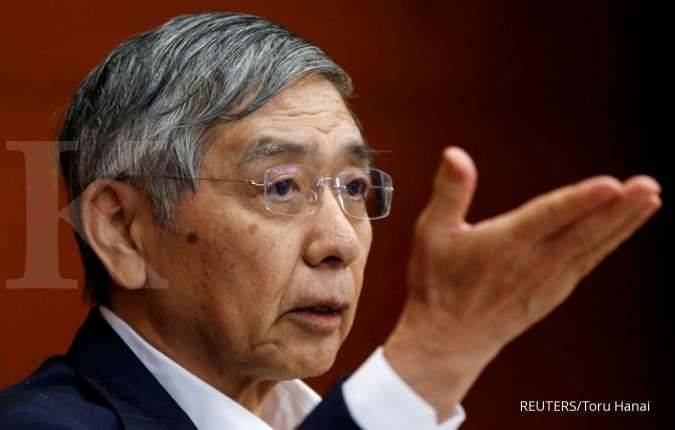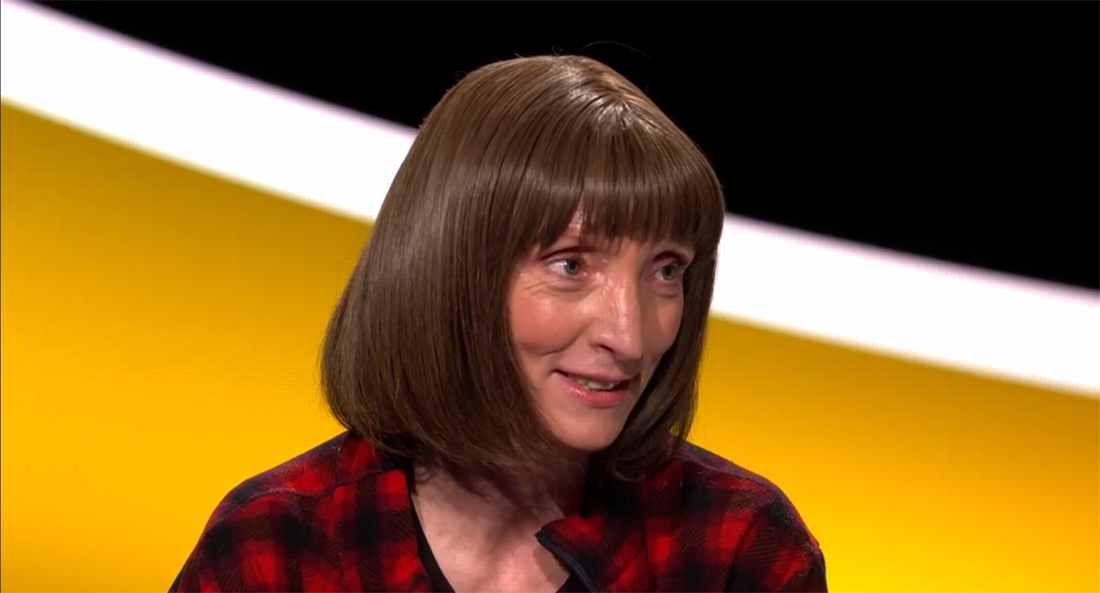ILLUSTRATION. BOJ Governor Haruhiko Kuroda. REUTERS
Source: Reuters | Editor: Herlina Kartika Dewi
KONTAN.CO.ID – TOKYO. The Bank of Japan will maintain a massive stimulus program on Thursday (29/10) and vowed to take further action if the economic collapse caused by the coronavirus shock threatens deflation.
But analysts say the prolonged rising costs of easing and the dearth of policy instruments may mean there is little the BOJ can do other than roll out its crisis response package, or rely on the government to unveil another spending package to revive growth.
Given the need to maintain some limits on economic activity to prevent the spread of the virus, the BOJ is not in the current position to push prices higher with further easing, said Naoya Oshikubo, senior economist at SuMi TRUST, was quoted as saying Reuters.
“As a result, the main policy drivers under Prime Minister Yoshihide Suga are fiscal policy, deregulation and growth strategies, leaving monetary policy on the sidelines,” he said.
Also Read: Japan’s consumer prices continue to slide on deflationary pressure from COVID-19
In its quarterly forecast review, the BOJ is seen cutting growth this year and inflation forecasts as the pandemic hits domestic demand, sources told Reuters.
But the central bank will keep its yield target at current levels in its two-day interest rate review ending on Thursday, with the economy looking towards a moderate recovery.
The BOJ is also seen making no changes to a package of measures aimed at easing corporate funding tensions, which have become a key tool for dealing with the pandemic-hit economy.
At a post-meeting briefing, BOJ Governor Haruhiko Kuroda is expected to reiterate the bank’s determination to ease further if a pandemic thwarts a fragile recovery.
With the economic downturn from Covid-19 looking to take years to heal, the BOJ will extend the March deadline for its crisis response package. A decision is expected in December or January.
For now, the board is likely to focus the debate on whether the recent rebound in exports and output can offset weakness in consumption and capital spending.
The rise in domestic demand was critical to lifting the Japanese economy from its biggest post-war slump, and avoiding slipping back into deflation.
Analysts expect core inflation, which fell for the second consecutive month in September, to continue falling due in part to the impact of the government’s discount campaign for domestic travel.
Also Read: BOJ Governor Kuroda: Japan’s economy will continue to recover from the coronavirus pain
While many BOJ officials said they would look into these interim factors, some feared a fall in prices could fuel deflationary concerns and prompt households to delay spending.
However, analysts say that after years of printing big bucks, the BOJ has few instruments left to deal with the risk.
Thus placing the responsibility on the government, which is facing increasing political calls for drafting another expenditure package.


